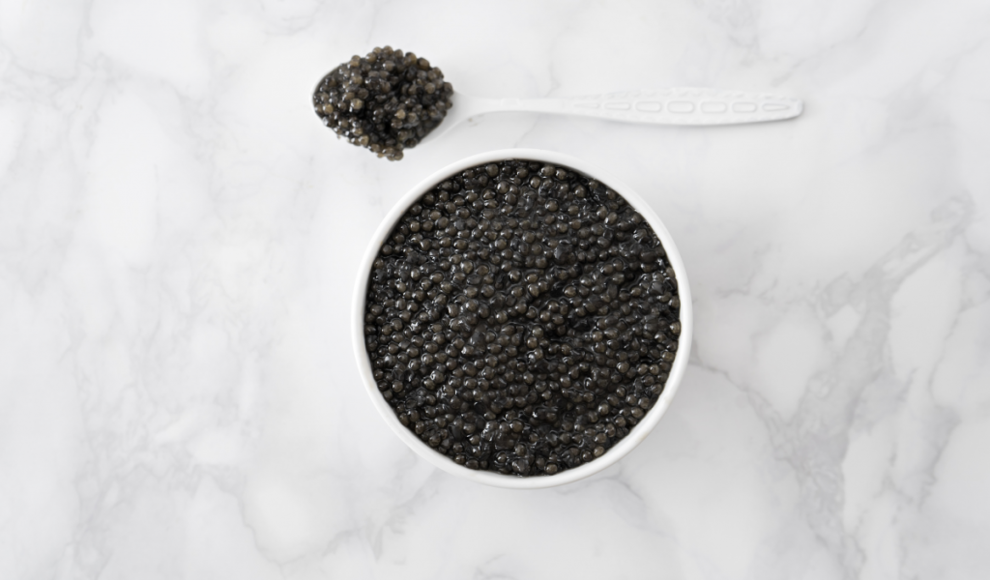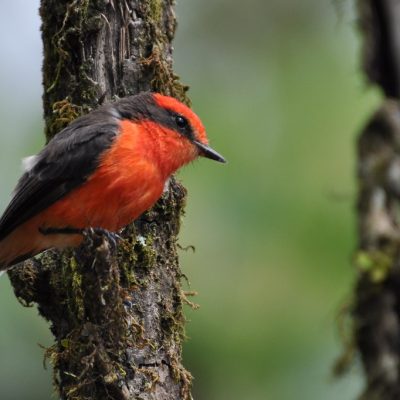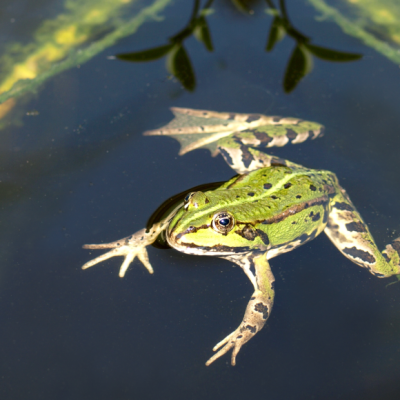Illegal Fishing of Endangered Sturgeon Species for Caviar Continues Despite Protections.
Sturgeon, one of the most endangered species on Earth, are still being illegally caught for their eggs, known as caviar, according to genetic analysis. The last major population of sturgeon in Europe, including the European sturgeon, Russian sturgeon, starry sturgeon, and sterlet, live in the Danube River. However, human activity and overfishing have pushed these fish to the brink of extinction. The World Wide Fund for Nature (WWF) has listed sturgeon as one of the most threatened species on the planet for several years. Since 1998, all sturgeon species have been classified as vulnerable under the Convention on International Trade in Endangered Species of Wild Fauna and Flora (CITES), making their capture and trade illegal.
Despite strict regulations on the trade of caviar and sturgeon meat, there are numerous reports of poaching and illegal trade in countries where sturgeon are native, including Serbia, Romania, Bulgaria, and Ukraine. Researchers from the Leibniz Institute for Zoo and Wildlife Research (IZW) conducted genetic and isotopic analyses of 91 sturgeon meat samples and 58 caviar samples to determine the frequency of illegal sturgeon products in the market. The genetic analysis was used to identify different species and hybrids, while the isotopic values showed whether the samples were from wild or farmed fish and their geographic origin.
The study, published in the journal Current Biology, found that sturgeon products from wild catches were being sold in the four aforementioned countries. Of the samples analyzed, 31 (21%) were from illegal wild catches. The DNA analysis showed that the samples contained all common sturgeon species in the Danube, with the sterlet being the most common. Additionally, 17 of the caviar samples (29%) violated environmental regulations, EU regulations on the trade of wild species, and national laws. Four of these samples were sold without the required labels, two each in Romania and Bulgaria. Eleven of the samples sold in Romania were mislabeled. The findings suggest widespread consumer deception, with 25 samples falsely labeled as wild-caught despite being from aquaculture farms. This highlights the continued demand for wild-caught sturgeon.










